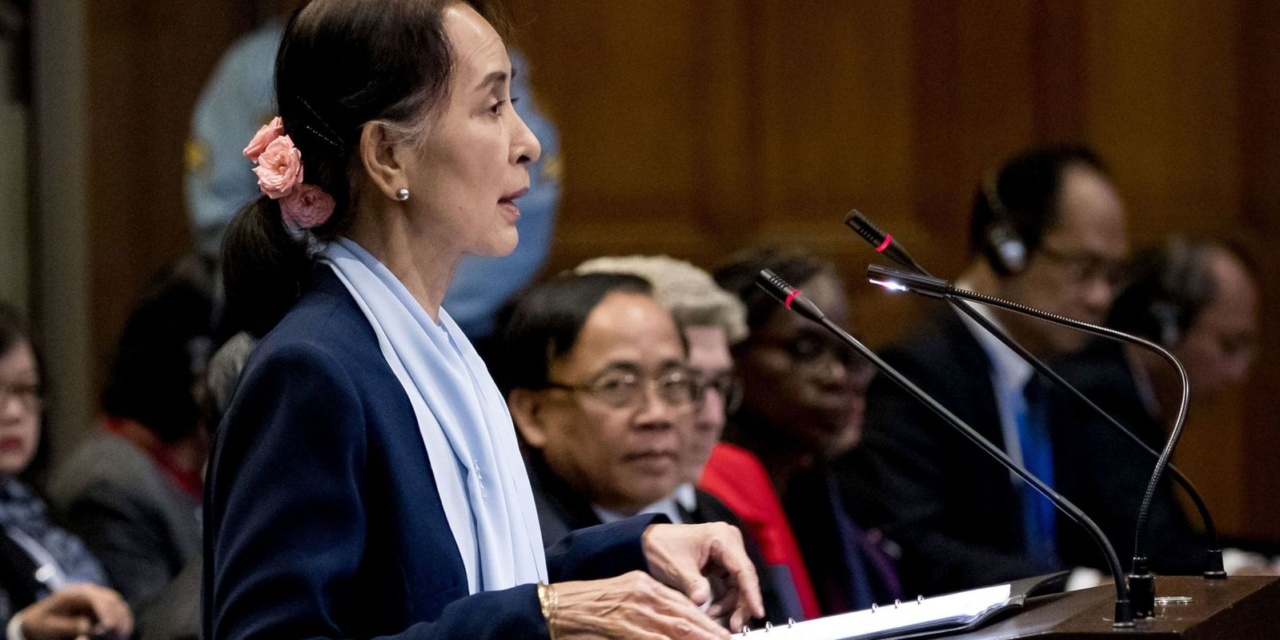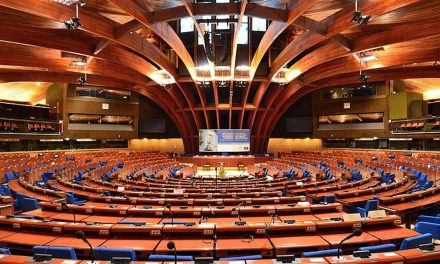Politician. Diplomat. Author. Former political prisoner and 1991 Nobel Peace Prize Recipient. Burmese leader Aung San Suu Kyi has a resume to be envied. Rising as a leading figure during Myanmar’s oppressive military regime era, Aung San Suu Kyi became globally renowned as a peaceful leader striving for a democratic and liberated country.
Kyi boasts a long list of achievements to her name, most notably as the first women in the country to serve as a minister in foreign affairs, in the Presidential office and in the electric power, energy and education departments. She co-founded the National League for Democracy (NLD) and accumulated the support of thousands. However, her passion for democracy led to fifteen years of house arrest over a 21-year period lasting between 1989 and 2010. This only bolstered her image as a freedom fighter, particularly after winning her 1991 Nobel Peace Prize whilst under arrest.
It seemed like the country would be turning a new leaf in 2015 after Aung San Suu Kyi was appointed State Counsellor – a position akin to Prime Minister. Many believed that the new leader would herald in a new era, but unfortunately for Myanmar’s Rohingya Muslim population that could not be further than the truth.
2016 Rohingya Genocide
Myanmar – formerly known as Burma until 1989 – is a majority Buddhist country. Its small population of Muslims can be found in the country’s western coast in Rakhine State. Tensions between the two religious communities’ dates back decades with the Rohingya people continuously faced with violence, discrimination and prejudice.
Since 1982, the Rohingya population have been denied citizenship under the Burmese Nationality Law. They are also denied freedom of movement, education and some civil service jobs. In 2015, the community was not allowed to participate in elections as candidates or voters and because of persecution throughout the years, many had fled to neighbouring Bangladesh.
The situation worsened in 2016 when military armed forces and extremist Buddhists began a crackdown against the minority group. The crackdown resulted in rampant human rights abuses including extrajudicial killings, gang rapes, arson amongst other brutalities. This continued to 2017 where studies showed that military crackdown contributed to 24,000 Rohingya Muslims killed, 34,000 thrown into fire, 114,000 beaten and 18,000 women and girls raped. This led to an ongoing refugee crisis which saw over 700,000 people fleeing to Bangladesh.
The crisis was described by the UN as ‘textbook example of ethnic cleansing’ while other countries, organisations and figures condemned the egregious violence. However, there was one person who didn’t.
Fall from Grace
Aung San Suu Kyi, the current leader of Myanmar, has faced extensive international criticism for the lack of government action against the genocide. Kyi has refused to hold the military accountable for its irreprehensible brutality and has even failed to properly address the persecution of two Reuters journalists investigating the crimes in 2017. Her silence on one of the world’s most horrific crimes against humanity has led many organisations to strip her of awards, most notably Amnesty International stated their ‘profoundly dismayed’ in the leader for failing the Rohingya community.
Two years later, the international community are not so quick to let Kyi off the hook. In November, the West African – and majority Muslim – nation of The Gambia filed a lawsuit against Myanmar for its role in the Rohingya genocide. This week, a 3-day hearing will take place at the International Court of Justice in The Hague where Kyi is expected to defend her country against accusations of genocide.
As Aung San Suu Kyi arrives in the Netherlands to listen impassively to accounts of ethnic cleansing and brutal violence, this is a far cry from the leader that once toppled a military regime. With today aptly marking Human Rights Day, Aung San Suu Kyi must accept that this time, she’s on the wrong side of history.
Photo Credit: Sky News
- This Artist is Making the Underwater Arena His Canvas - 28th April 2021
- A Video Game that Promotes Peace and Conflict Resolution - 15th March 2021
- Netflix’s ‘Living Undocumented’ is a Difficult Series to Watch, and Exactly Why We Should - 9th March 2021






